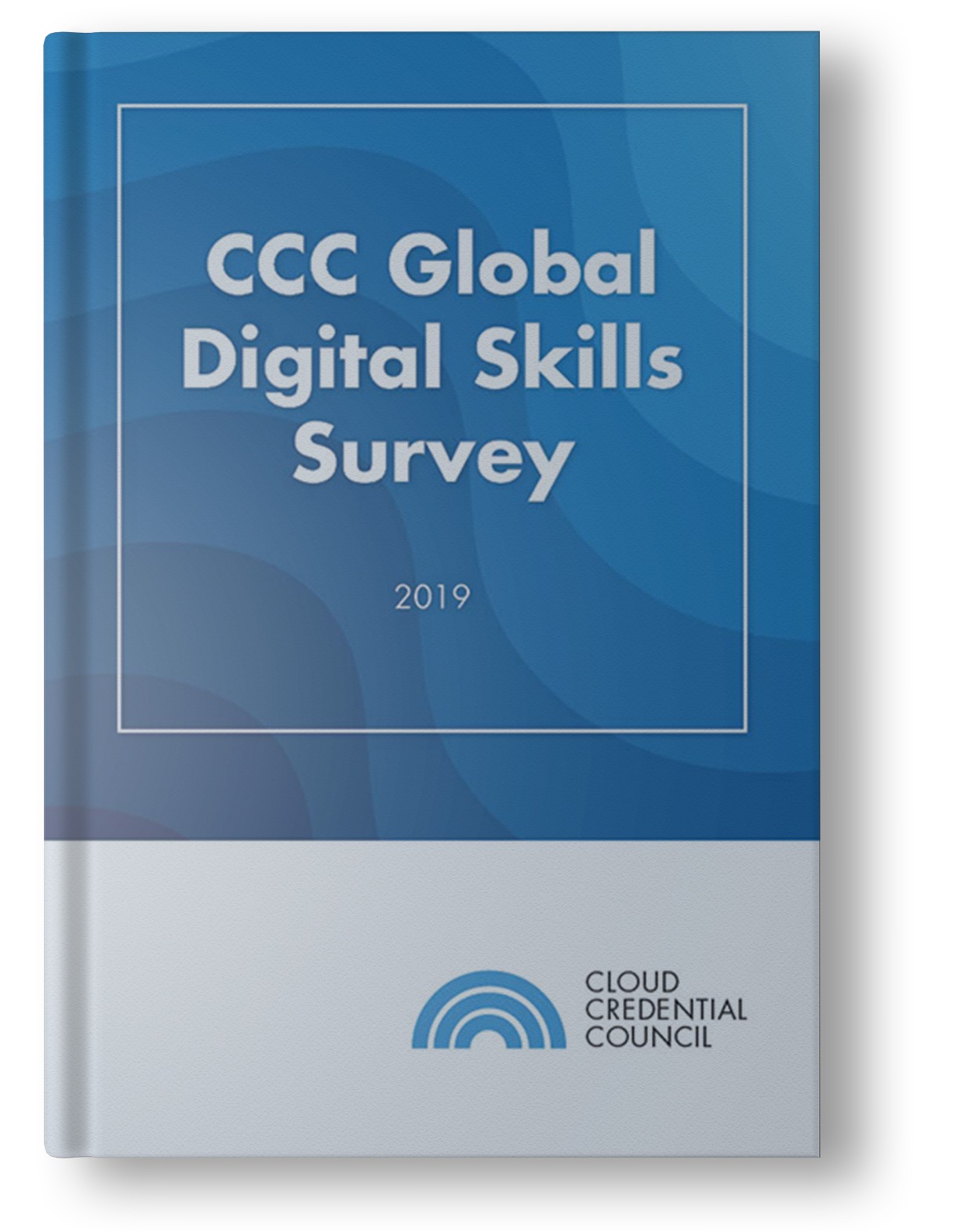The Sequence for Digital Success Is People Before Technology

Mark O'Loughlin

Our Global Digital Skills Survey 2019 report identifies three critical and eight key findings. The analysis covers cultural, individual, and organizational readiness for the changes which are being brought about through the impact of digital.
In this blog, I am focusing on the following critical finding:
The Sequence for Digital Success Is People Before Technology — People First, Technology Second
What is the organizations’ most important asset? Cash? Real estate? Intellectual Property? Technology? These are all important assets for any business. However, when you think about it, organizations rely on their staff and people to execute their strategies, perform their roles and to maintain internal and external relationships. In a capitalist system, assets such as cash and technology are meant to be used and invested as efficiently as possible, while returning maximum value to shareholders. However, it is the staff who make a real difference.
Technology Does Not Work Itself
In the 1940s and 50s, the mainframe saw the introduction of a new world of Information Technology into the workplace. Since then, organizations have continually invested in maintaining, improving, updated and replacing their IT. This is fundamentally driven by the need to maintain competitive advantage, increase efficiencies, access new features and capabilities and reduce costs, etc. through the use of the latest technologies. But technology does not work itself, and we are a long way off from Artificial Intelligence (AI) to replace humans in the workplace (regardless of all the current hype around AI).
Technology automates more and more with each new technological advancement. Just look at the changes in manufacturing or the effects brought about by computers. Technology reduces labor costs. Technology speeds up a process … and on it goes. However, it is the people using clever technology cleverly which makes a difference. Intuition, gut-feeling, relationships, cultural differences all contribute to the human factor where – People Make the Difference.
Lacking Essential Skills and Capabilities
Over the last few years, many organizations have pursued a ‘Cloud First’ strategy. Many organizations continue to do so. Many organizations have also embarked on a ‘Digital Transformation’ program primarily focused on adopting the latest in digital technologies in order to find a competitive advantage, deliver value to customers and to find further cost savings and Efficiencies. However, a large number of these strategies and endeavors have focused more heavily on technology and less on the people aspect. In such cases, organizations end up with the latest in technology, yet the people they depend on to exploit all this new technology, are found lacking essential skills and capabilities needed to deliver value or even use digital technology in any meaningful way.
New Opportunities
New technologies, including all things of a digital nature, will lead to new levels of task automation. This happens with every new technology event. This current wave of digital disruption, digital transformation, and digital optimization will see many current manual tasks becoming automated. It is expected that some current roles and jobs will become displaced or even obsolete. However, that does not mean the individual has to become displaced or obsolete.
The opportunity today is for individuals and organizations to upskill, re-skill and re-train for the new jobs and roles which develop as a result of all this digital change. The power should be with the people, if the people are (1) willing, (2) capable and driven to change, and (3) can learn and adapt to today’s changing workplace.
To find out more information and to access helpful advice and guidance, download the CCC Global Digital Skills Survey 2019.

The CCC Global Digital Skills Survey 2019 Report
The report identifies three critical and eight key findings. The analysis covers cultural, individual, and organizational readiness for the changes which are being brought about through the impact of digital.

About the Author
Mark O'Loughlin is the Managing Director of the CCC. Mark is internationally recognized as a global thought leader and published author in digital IT, cloud computing, DevOps, cloud service management, and IT Service Management.
Never miss an interesting article
Get our latest news, tutorials, guides, tips & deals delivered to your inbox.
Keep learning
- « Previous
- 1
- …
- 31
- 32
- 33

